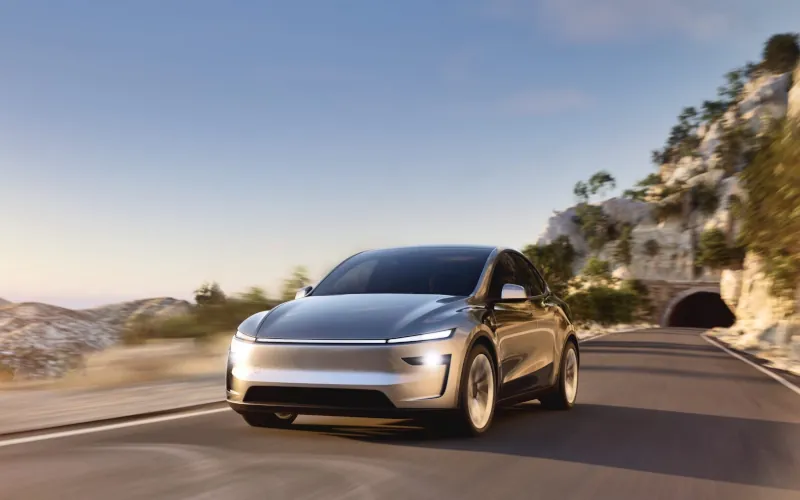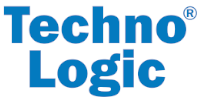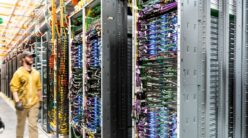In recent months, Tesla’s vehicle sales in Germany have experienced a sharp decline, with sales dropping to just over 1,100 units in July 2025—a decrease of more than 55% compared to the previous year. This is striking, especially considering Tesla operates a large factory in Grünheide, near Berlin, which had initially been expected to boost the brand’s local presence and sales.
Several factors contribute to this downturn:
1. Backlash over Elon Musk’s political endorsements
Elon Musk’s public support for controversial political figures and movements has ignited significant backlash in Germany. His vocal endorsement of the far-right Alternative for Germany (AfD) party, known for its nationalist and often extremist rhetoric, alongside his support for former U.S. President Donald Trump, has alienated many European consumers. Surveys indicate a strong reluctance among German buyers to associate with Tesla due to Musk’s political views, with a large percentage expressing unwillingness to purchase Tesla vehicles. This has led to a substantial erosion in Tesla’s brand loyalty in the German market.

2. Rising competition from Chinese electric vehicle manufacturers
Meanwhile, Chinese EV makers, especially BYD, have gained considerable ground in Germany, capturing attention with competitive pricing, diverse model offerings, and strong technological features. BYD’s sales in Germany recently surpassed Tesla’s, reflecting a shift in consumer preference toward newer, more affordable options. This growing competition further challenges Tesla’s foothold in the German market.
3. Product and regulatory challenges
Tesla’s recent model updates have failed to significantly stimulate demand. At the same time, European regulatory bodies have tightened requirements regarding autonomous driving technologies and vehicle safety standards, creating additional hurdles for Tesla’s vehicles to comply with local regulations. These compliance challenges have slowed Tesla’s ability to aggressively market and sell its latest models.

4. Perception issues related to the German factory
Ironically, despite Tesla’s substantial investment in building its factory in Germany, local sentiment has soured. The factory was initially seen as a symbol of Tesla’s commitment to the German market and the region’s economic development. However, the political controversies surrounding Musk and growing consumer dissatisfaction have overshadowed this positive narrative, limiting the factory’s positive impact on local sales.
Tesla’s declining sales in Germany are a result of intertwined factors: Elon Musk’s divisive political affiliations have diminished brand appeal, intensified competition from Chinese EV brands like BYD has redirected consumer interest, and regulatory hurdles have complicated Tesla’s market strategy. For Tesla to regain momentum in Germany, it will likely need to distance itself from politically polarizing associations, adapt its product offerings to better meet local expectations, and navigate regulatory demands more effectively. Otherwise, the German market risks slipping further away from Tesla’s grasp despite the company’s significant local manufacturing presence.







